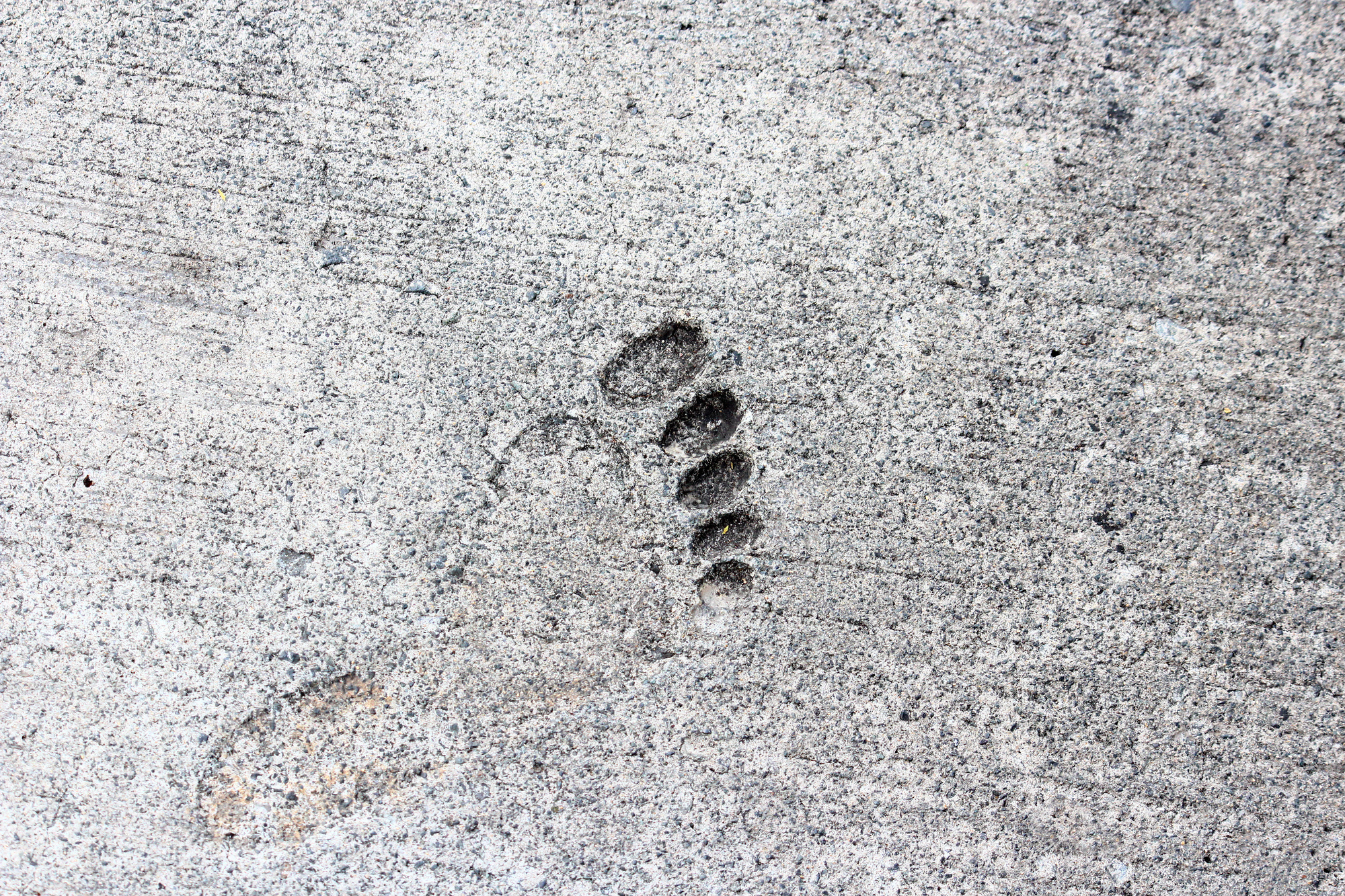
Be Concrete with the Facts: Here’s What to Know About the Types of Concrete for Your Next Project
Concrete and cement are not only modern tools. Dating back to Rome, civilizations have used these materials to build lasting structures.
Now, in the modern age, we use them to construct almost everything we need. Housing, buildings, and sidewalks would be more difficult to make without it. But did you know there are different types of concrete for specific needs?
How to Make Concrete
The different kinds of concrete depend on their ingredients. But, before you can add, you have to have your basics. The ingredients that go into basic concrete are:
- Cement
- Aggregate
- Water
Aggregate consists of pebbles, gravel, or sand. When cement and water mix, they form a paste. That paste is then mixed with the aggregate, making a sure bond of concrete.
Most concrete suppliers offer a variety of aggregate materials for your need. Drainage, building, decorative options are available.
The Different Types of Concrete
Here you’ll read about the different concrete types and their uses. Most people aren’t aware there are concrete classifications, but there are many.
1. High-Strength Concrete
As the name suggests, high-strength concrete is stronger than the regular stuff. It’s classified as such because of how much pressure it can hold. This measurement is called PSI: pounds square inch.
2. Regular Concrete
When you’re in need of a base for lower prices, regular concrete will do the trick. It’s used in sidewalks often, and the ingredient list is low.
Regular concrete can’t withstand the same pressures as some other types.
3. High-Performance Concrete
Despite the title, this concrete’s feature isn’t super-strength, even though it does pose more compression strength than regular concrete.
HPC is more effective when it comes to placement. It’s easier to place because it doesn’t dry as fast. And the longevity in HPC makes it a great quality concrete.
4. Stamped Concrete
This concrete type is a multi-purpose, useful concrete. It’s often seen in pavements or parking lots.
This concrete gets its name from the mold-or stamp-used to give it its shape. It’s also covered with a seal to make it last longer in outdoor conditions.
5. Lime Concrete
If you’re environmentally conscious, limecrete is the material for you.
This concrete type is great because it doesn’t use the same carbon emissions as normal cement. The materials are replaced with lime instead of cement. Wood and straw also replace gravel and aggregate.
This concrete is friendly to the environment because of it absorbs carbon dioxide. That other materials in this are also non-toxic. It’s the perfect concrete for those who care about going green.
More Construction Topics
There are so many more types of concrete to read about. Concrete is a versatile, useful material that isn’t leaving anytime soon. With the right innovation, you can use concrete to build a better future.
If you own a construction company, you probably rely on advertisements for work. Read all about how to advertise your business for more customers.
